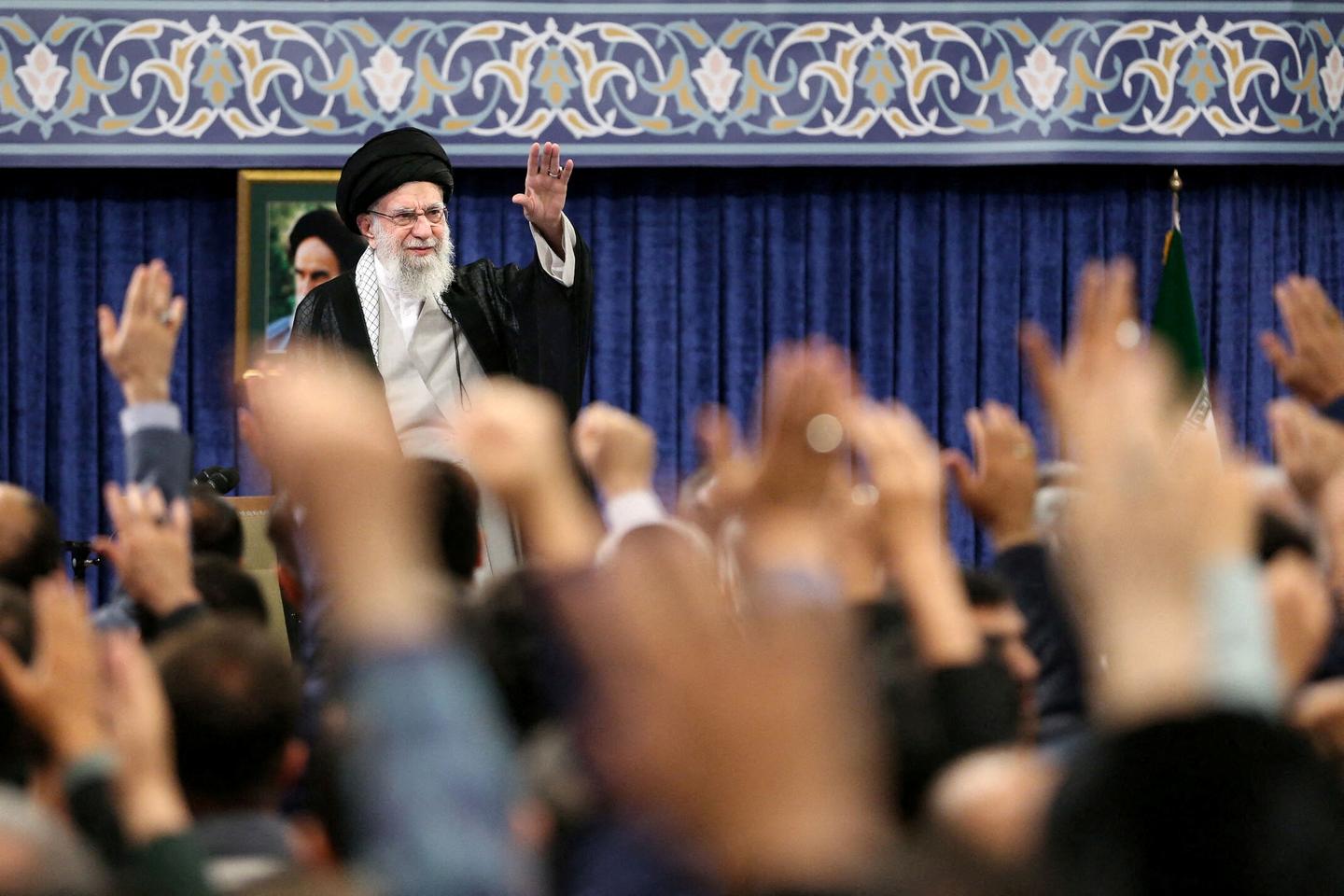


The silence between the French president and his Russian counterpart, who has been accused of war crimes, lasted a little less than three years. But the stakes over Iran's nuclear program were so high that Emmanuel Macron decided to reestablish contact on Tuesday, July 1, with Vladimir Putin, despite the ongoing war in Ukraine.
While he still speaks with Donald Trump, the Russian president remains a pariah in Europe, as he refuses any prospect of a ceasefire at a time when his army is making gains on Ukrainian territory. Before agreeing to end "his" war, he once again demanded during his conversation with Emmanuel Macron that the "root causes" of the conflict be addressed – essentially, the alleged expansion of NATO – for which he places blame on "the West."
Nevertheless, the French president intends to mobilize the members of the United Nations Security Council, including Russia and China, to step up efforts for negotiations over the Iranian nuclear program. After Vladimir Putin, who assured him that he was not encouraging his Iranian ally to acquire the bomb, the current resident of the Elysée plans to speak 'soon' with his Chinese counterpart, Xi Jinping. For Macron, the time has come to return to diplomacy following Israeli and American strikes, as the ceasefire between Iran and Israel, announced on June 24, ended what President Trump had dubbed the "Twelve-Day War."
The French president is not alone in wanting a negotiated solution to quickly follow the American and Israeli military operations. His German counterpart, Friedrich Merz, and British counterpart, Keir Starmer – whose countries signed the Vienna Agreement on July 14, 2015, along with the United States, the European Union, Iran, France, China, and Russia – are essentially on the same page. However, they refuse to speak with the Russian president, whose word they deem "unreliable."
In fact, the return of diplomacy is only just beginning to take shape, under the watchful eye of the unpredictable Donald Trump, a Nobel Prize candidate eager to be at the forefront seven years after tearing up the Vienna Agreement, which had been signed by Barack Obama to strictly oversee Iran's nuclear program. After the strikes, the diplomatic outlook remains extremely unclear. The American president has been stalling for time, saying he had "nothing to offer" Iran. Tehran, for its part, has refused to negotiate with Israel's main ally, whose military intervention has shaken the regime.
You have 54.33% of this article left to read. The rest is for subscribers only.
